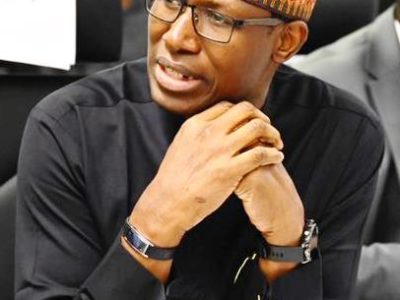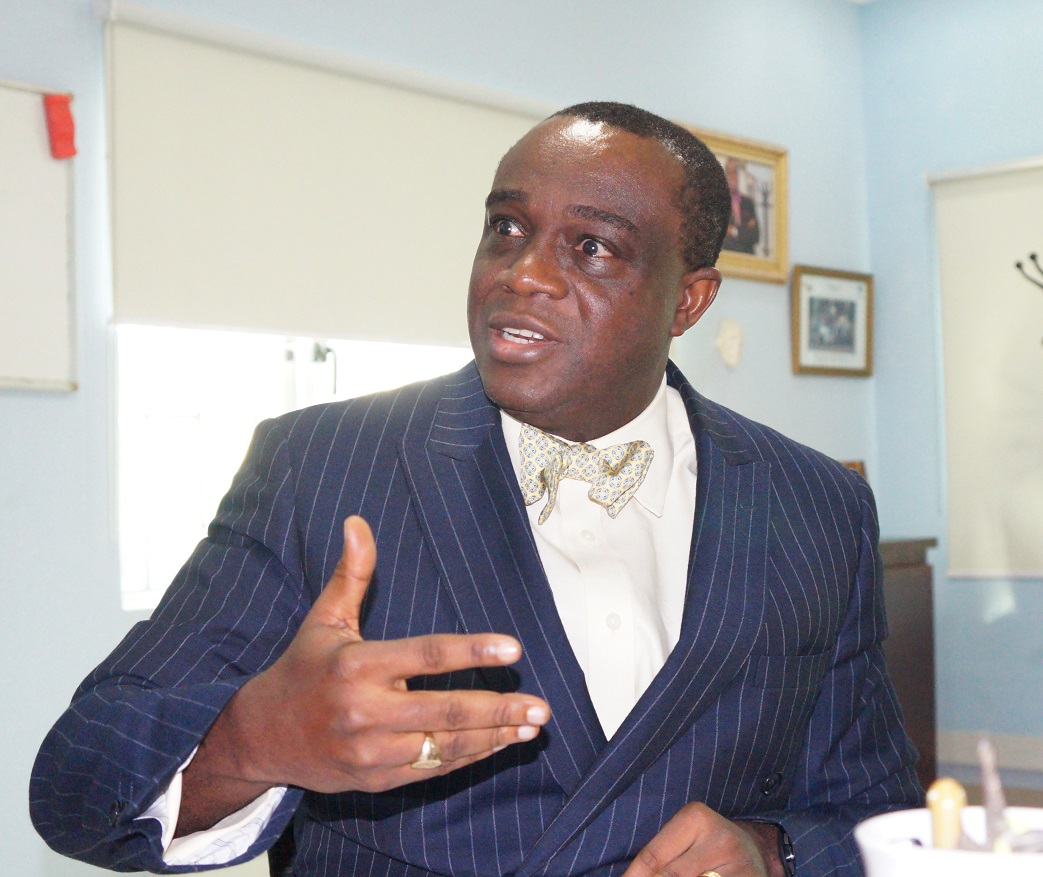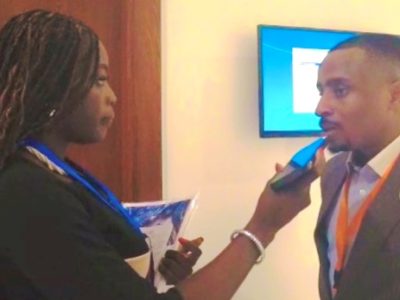
NIYI YUSUF, Country Managing Director of Accenture Nigeria, argues that fostering cashless economy does not infer that Nigeria should first ensure that all the required infrastructures are in place. He spoke with eT Edge News, MARTIN EKPEKE in Uyo, Akwa Ibom State, during the 24th annual conference of Nigeria Computer Society.
Is cashless economy the way to the future?
The reality is less use of cash and more use of electronic payments means clearly points the way to the future. There will never be a cashless society but there will be less use of cash and more use of electronic payments.
In the absence of basic infrastructure, are you sure we are ready for the cashless society now?
It is a two way thing. Do we wait until when we are ready? Or do we try and start doing something and at the same time work to get ready? We don’t have to wait until we are ready. There will never be a perfect situation. We need to do many things in parallel because we are a nation in hurry and catching up means doing things aggressively and parallel. We will make some mistakes but hopefully we will learn from that, you will do remedial measures to improve and then you move on, and I think for me that’s the way to look at it, because if you decide to wait, the reality is, the world is dynamic and what we think we have today as standard, in two to three years time, the standard will alter. Take telecom sector for instance, it used to be 2G, then it was 2.5, 3G HSCDA and now is LTE, so if we had decided to wait until 2G infrastructure is stable, obsolescence comes in rapidly and by the time our 2G infrastructure is stable, guess what? The rest of the world is doing 10G. That’s why we really can’t afford to wait. What we should be talking about is how we can get to optimize what we have and deliver something that is still useful for our own environment in spite of the challenges that we have.
You can picture the role of government, institutions like the CBN [Central Bank of Nigeria] and professional bodies like CPN [Computer Professional Council of Nigeria] in a cashless society, how does Accenture gets in?
Accenture helps in term of thinking through some of these issues, helping clients to understand what is happening elsewhere and how that can be applied in the local environment. We also envisioned the future of what is possible and freewill to help clients to execute and deliver on their changed programmes. So we are working with the CBN in banking industry on some of the things I have mentioned today. But again, it’s clients first and we are just in the background helping them. That’s what we do. We help clients to think through ideas and help them to execute the ideas to real life.
Would you share the argument by some people that our educational system is not kitting the current generation with the required knowledge to fit into the e-payment landscape?
I disagree. We say lot of things like there is illiteracy. The youths of today are very technology aware youths. They are very comfortable with technology. These guys do a lot of stuffs with their cell phones that even professionals don’t do. Nigeria today has the highest internet usage in Africa, it is not coming from the adult but from the youths, so they are technology ready and I will argue that they will be comfortable with whatever technology that comes out of cashless. Secondly, when we say Nigerians are illiterate, I will argue, we have over 100 million cell phones subscribers, I don’t think all of the 100 million subscribers are graduates or literates, my grandparents use cell phones and they are not literate. When you make it a necessity there is relative intelligence in the things we do. We have embraced cell phones today which we don’t have before and a number of them are using those smart phones and Blackberry. So they will learn and they will pick up faster, I think we under-estimate the ability of an average Nigerian to rise up to occasions, so far he or she realizes that whatever that thing is, is beneficial to him.
We have the cashless policy now, how do we sustain it?
The policy is limited to Lagos for now, and that’s because the banking industry wants to understand the issues. Lagos is like a pilot. I think is a good thing. Once it is perfected in Lagos, it then becomes something we roll out nationwide. I have no fear that it will be accepted nationwide because at the end of the day this is what other economies, other countries use, and if Nigeria wants to be a modern nation, if Nigeria wants to be among the top countries, we cannot afford to be behind. As we are using technology, as we are using mobile phones, we also need to use cards, use POS, which is one of the things an under-developed economy needs.
But security will always be an issue?
It is also an opportunity for an entrepreneur to set up businesses with security. There is no security issue that we have witnessed here that doesn’t occur in other countries. Absolutely, we shouldn’t be captured by our fear of security, for every security there are risk measures and there are companies whose role and duties are just to focus on security. We have McAfee. We have Symantec and there are other companies like that whose duty is security. So as we are rolling out e-payment, we will also have a class of security entrepreneurs that will be coming in to set up the right security as part of the overall infrastructures. So is it power, communication network, security? I have no doubt that those things will come in.






























